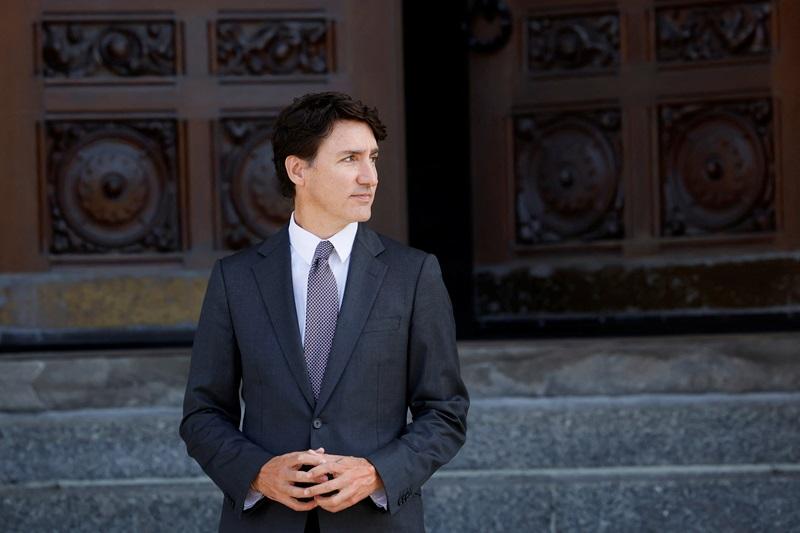WORLD NEWS

At the annual summit of the Association of Southeast Asian Nations (ASEAN) in Vientiane, Laos, U.S. Secretary of State Antony Blinken voiced Washington’s concerns regarding China’s expansionist actions in the South China Sea. Blinken condemned what he described as “increasingly dangerous and unlawful actions” by China in this vital maritime trade route, particularly following recent violent confrontations involving ASEAN member states.
China claims nearly the entirety of the South China Sea, a territory also claimed by several ASEAN countries, including Vietnam, the Philippines, Malaysia, Brunei, and Taiwan. This region is crucial for global trade, with about one-third of it passing through its waters, which are rich in fishing stocks, gas, and oil.
Rising Tensions in the Region
In recent months, China has increased its military presence in the area, deploying coastguard and military vessels to push the Philippines from strategically important reefs and islands. Moreover, Beijing's aggressive stance extends to the East China Sea, where it has heightened tensions over disputed islands controlled by Japan. Additionally, patrol vessels have been sent to areas claimed by Indonesia and Malaysia as exclusive economic zones.
During his address, Blinken emphasized that China’s actions have not only harmed ASEAN vessels but have also undermined commitments to peaceful dispute resolution. He reaffirmed the U.S. commitment to uphold freedom of navigation and overflight in the Indo-Pacific region, signaling a strong stance against Chinese assertiveness.
ASEAN Leaders' Concerns
Philippine President Ferdinand Marcos Jr. expressed concerns to summit leaders about “harassment and intimidation” from China, urging for expedited negotiations on a code of conduct to regulate activities in the South China Sea. Malaysia, set to assume the rotating chair of ASEAN next year, is expected to advocate for faster progress on this code, which officials aim to finalize by 2026 amid disagreements over its binding nature.
Singapore’s Prime Minister Lawrence Wong highlighted the “real risks of an accident spiraling into conflict” if the ongoing maritime disputes remain unaddressed.
International Implications
China has rejected a 2016 international arbitration ruling from a United Nations-affiliated court in The Hague, which invalidated its extensive territorial claims. In response to the U.S. and its allies' activities, Chinese Premier Li Qiang accused “external forces” of inciting “bloc confrontation and geopolitical conflicts in Asia” without specifically naming any countries.
Although the U.S. does not have territorial claims in the South China Sea, it has been active in patrolling the waters with navy ships and fighter jets, directly challenging China’s assertions.




